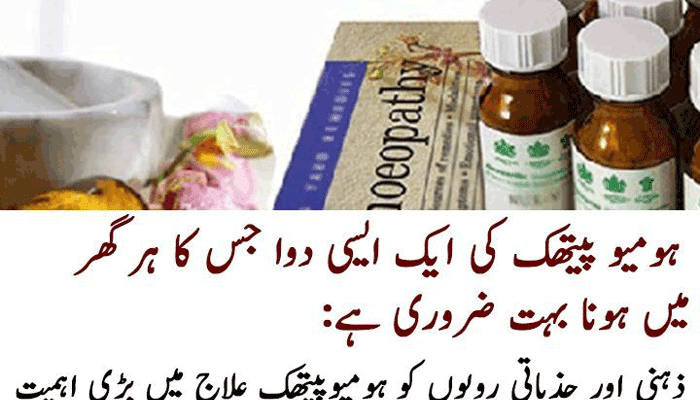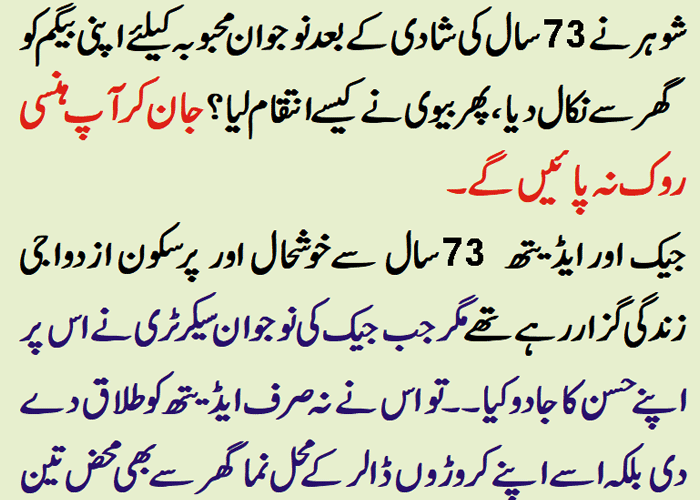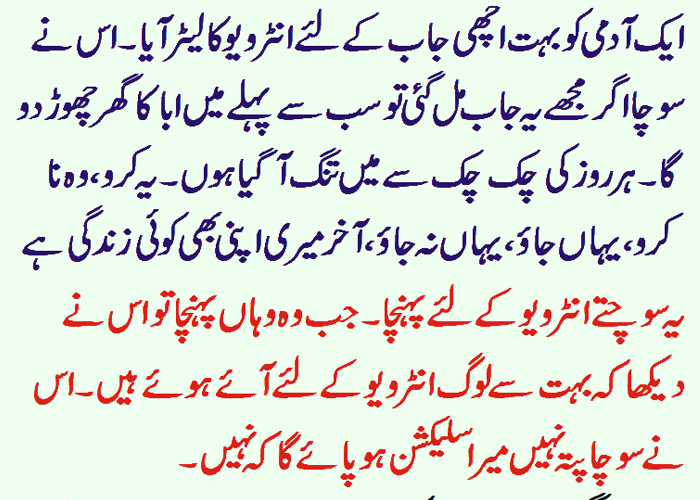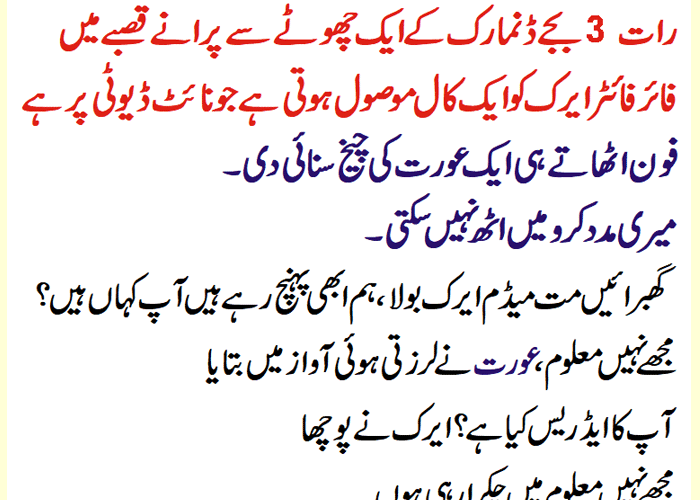Obsessive-Compulsive Disorder (OCD) is a mental health condition characterized by persistent, intrusive thoughts (obsessions) and repetitive behaviors or mental acts (compulsions) performed in response to these obsessions. While OCD can significantly impact daily life, various therapeutic approaches have proven effective in managing symptoms and improving the overall well-being of individuals with OCD. In this article, we’ll explore some of the best therapy options for OCD.
Understanding OCD:
OCD can manifest in a variety of ways, with common obsessions including fears of contamination, fears of harming oneself or others, and a need for symmetry or order. Compulsions often involve repetitive actions such as handwashing, checking, counting, or mental rituals to alleviate anxiety associated with obsessions.
Best Therapy Approaches for OCD:
Cognitive-Behavioral Therapy (CBT):
Key Principles: CBT for OCD involves identifying and challenging irrational thoughts (cognitive restructuring) and gradually exposing individuals to situations that trigger anxiety while preventing the accompanying compulsive behaviors (exposure and response prevention).
Effectiveness: CBT is considered one of the most effective treatments for OCD, with research supporting its long-term benefits.
Exposure and Response Prevention (ERP):



Key Principles: ERP is a specific component of CBT for OCD that focuses on exposing individuals to situations that trigger anxiety (exposure) and preventing the corresponding compulsive responses (response prevention). This helps break the cycle of obsessions and compulsions.
Effectiveness: ERP has shown significant effectiveness in reducing OCD symptoms and improving overall functioning.
Acceptance and Commitment Therapy (ACT):
Key Principles: ACT emphasizes accepting one’s thoughts and feelings without judgment and committing to actions that align with personal values. Mindfulness and acceptance play a crucial role in this therapeutic approach.
Effectiveness: ACT has shown promise in helping individuals with OCD manage distressing thoughts and reduce the impact of compulsive behaviors.
Mindfulness-Based Cognitive Therapy (MBCT):
Key Principles: MBCT combines mindfulness practices with traditional CBT techniques. It helps individuals become more aware of their thoughts and feelings without becoming overwhelmed by them.
Effectiveness: While more commonly associated with conditions like depression, MBCT can be beneficial for managing anxiety and stress associated with OCD.
Dialectical Behavior Therapy (DBT):
Key Principles: DBT combines cognitive-behavioral strategies with mindfulness and acceptance techniques. It focuses on building skills in emotional regulation, interpersonal effectiveness, and distress tolerance.
Effectiveness: While not specifically designed for OCD, DBT elements can be helpful for individuals with co-occurring emotional dysregulation.
Medication Management:
Key Principles: In some cases, medication, particularly selective serotonin reuptake inhibitors (SSRIs), may be prescribed to help alleviate symptoms of OCD. Medication is often used in conjunction with psychotherapy.
Effectiveness: SSRIs have shown effectiveness in reducing the severity of obsessions and compulsions in many individuals with OCD.
Personalized Treatment Plans:
The best therapy for OCD often involves a personalized approach that takes into account the individual’s specific symptoms, preferences, and responsiveness to different therapeutic modalities. A collaborative effort between the individual and mental health professionals is essential to tailor the treatment plan to meet the unique needs of each person.
When to Seek Professional Help:
Individuals experiencing symptoms of OCD that significantly interfere with daily life, work, or relationships should seek professional help. A mental health professional, such as a psychologist, psychiatrist, or licensed therapist, can conduct a comprehensive assessment and recommend an appropriate course of treatment.
Conclusion:
OCD therapy involves evidence-based approaches that address both the cognitive and behavioral aspects of the disorder. The best therapy for OCD is often a combination of cognitive-behavioral techniques, exposure and response prevention, and mindfulness-based strategies. The goal is to empower individuals to manage obsessions and compulsions effectively, improve their overall quality of life, and foster lasting well-being. If you or someone you know is struggling with OCD, seeking the guidance of a mental health professional is a crucial step toward understanding and managing the condition.






